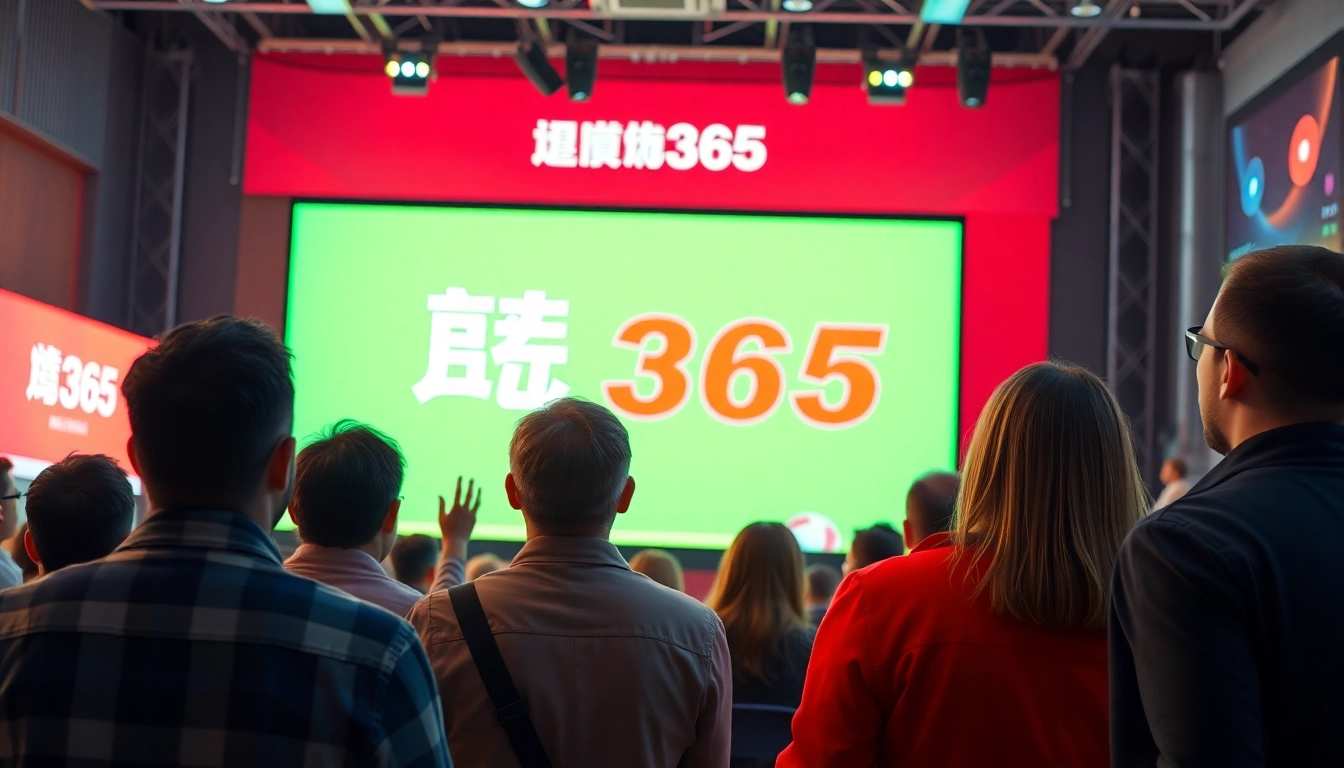In the realm of content creation, the marriage between human creativity and artificial intelligence (AI) has birthed a new era of innovation. As the digital landscape continues to evolve, AI tools are increasingly becoming indispensable companions for content creators seeking efficiency, inspiration, and scalability.
AI tools offer a diverse array of functionalities across various stages of content generation. From ideation to production, these tools augment human creativity by providing insights, automating repetitive tasks, and even generating content autonomously.
One prominent area where AI excels is in content ideation. By analyzing vast amounts of data, AI tools can identify emerging trends, audience preferences, and topics of interest. For instance, platforms like BuzzSumo and Google Trends leverage AI algorithms to sift through online conversations and highlight topics ripe for exploration. Armed with this information, content creators can tailor their ideas to resonate with their target audience, ensuring relevance and engagement.
In the realm of content creation itself, AI tools offer a wealth of possibilities. Natural Language Processing (NLP) models, such as OpenAI’s GPT, are capable of generating human-like text based on prompts provided by users. Writers can harness these models to draft articles, product descriptions, or social media posts swiftly. Similarly, AI-powered image and video editing tools streamline the visual content creation process, enabling artists and designers to bring their concepts to life efficiently.
Moreover, AI tools are revolutionizing content personalization and optimization. Through machine learning algorithms, these tools analyze user behavior and preferences to deliver tailored content experiences. Whether through dynamic website content, personalized email marketing campaigns, or targeted product recommendations, AI enables content creators to connect with their audience on a deeper level, fostering engagement and loyalty.
Beyond content creation, AI tools also play a crucial role in content distribution and analytics. AI-driven content management systems help optimize content for search engines, enhance discoverability, and maximize reach. Additionally, advanced analytics platforms leverage AI algorithms to provide insights into content performance, audience demographics, and engagement metrics, empowering creators to refine their strategies iteratively.
In essence, AI tools represent a paradigm shift in content generation, empowering creators to unleash their creativity, reach wider audiences, and achieve unprecedented efficiency. By embracing these tools as allies rather than replacements, content creators can unlock new realms of possibility, driving innovation and shaping the future of digital content.





Leave a Reply